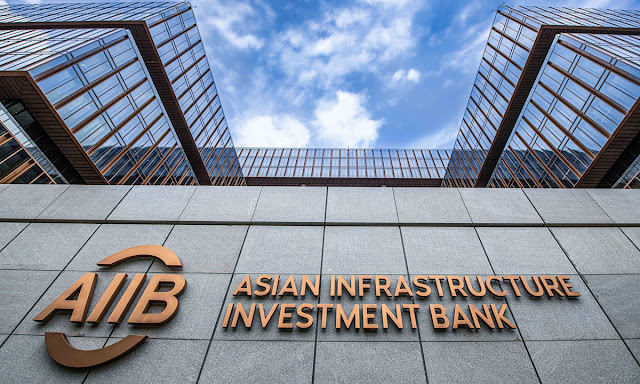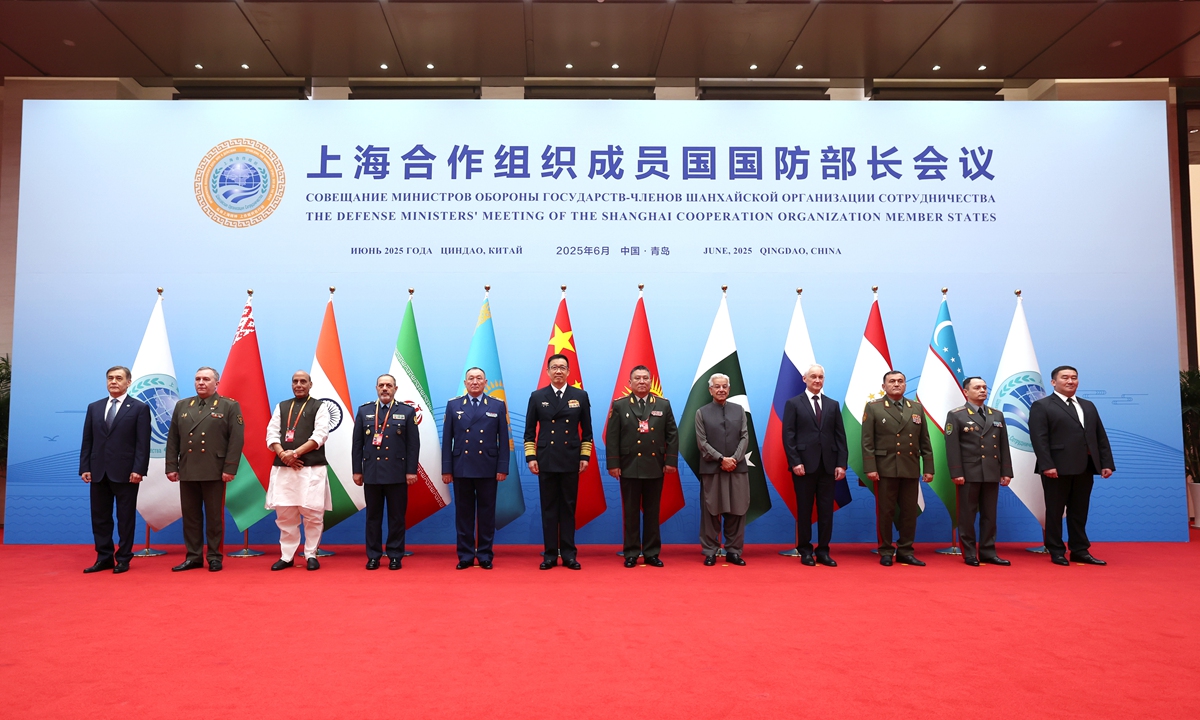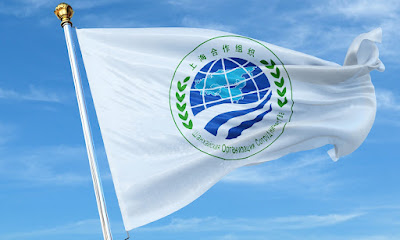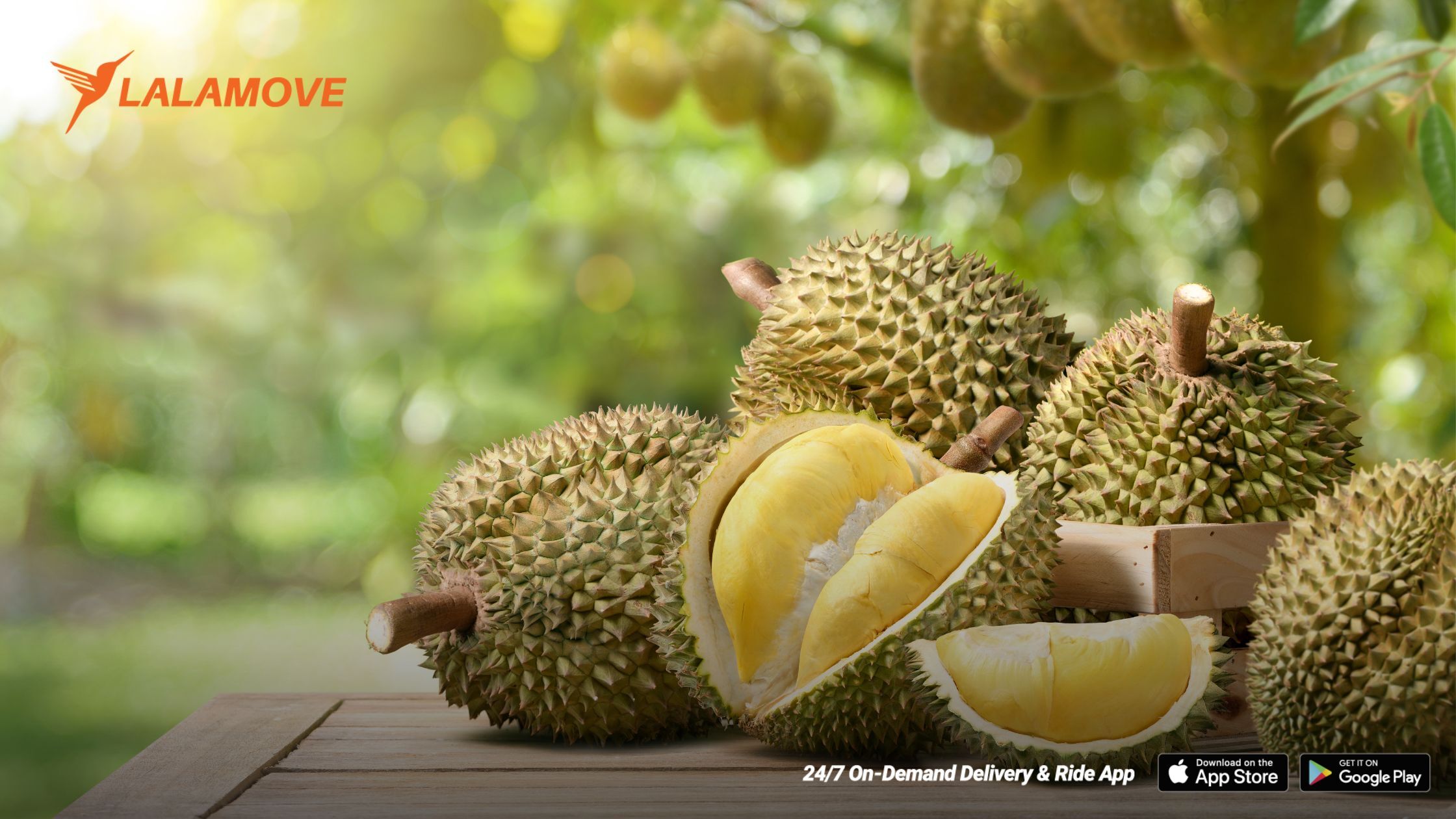Photo: AIIB
The 10th Annual Meeting of the Asian Infrastructure Investment Bank (AIIB) Board of Governors was held in Beijing from Tuesday to Thursday. Looking back over the past decade, the AIIB has, amid growing global development challenges, have focused on connectivity, advanced open cooperation, and upheld multilateralism, thus effectively advancing sustainable development at both regional and global levels. Looking ahead, the AIIB will take this meeting as an opportunity to clarify the next strategic focus of development, further build consensus on cooperation, and inject the power of development, openness and cooperation into a world of changes and chaos.
When the AIIB was launched, President Xi Jinping called for making it "a new type of professional, efficient, and clean multilateral development bank." Over the past decade, the AIIB has maintained international, rule-based, and high-standard operations, embarked on a path with high starting point, high-quality development, and high-level cooperation, and pioneered a new model for global financial governance.
The number of AIIB members grew from 57 to 110, covering 81 percent of the world's population and 65 percent of global GDP. It has approved over 300 projects with a total approved financing exceeding $60 billion, and has mobilized over $200 billion in capital, benefiting 38 members in Asia and beyond. It has consistently maintained the highest AAA credit rating from the three major international rating agencies, and has issued bonds in 20 currencies, raising over $54 billion in financing.
The AIIB's remarkable achievements can be largely attributed to its unwavering commitment to multilateralism, operating in accordance with international rules, and upholding high standards. Robert Zoellick, former president of the World Bank, once noted that the AIIB has set a good example in the world in terms of governance, transparency, international standards and cooperation.
According to its latest partnership report, as of the end of 2024, the AIIB had co-financed 131 of its more than 300 projects with other multilateral development banks, demonstrating the AIIB's open-minded approach in pooling development synergy and its significant leading and promoting role in strengthening international multilateral cooperation. It has renewed memoranda of understanding with the World Bank, the Asian Development Bank, and the Islamic Development Bank. It actively participates in relevant mechanisms of the G20, contributing the "AIIB approach" to global financial governance. It attends the ASEAN Summit to expand cooperation dimensions with regional organizations and jointly build a regional connectivity network. Faced with the urgent need to close the global infrastructure construction gap, the AIIB adheres to the principle of extensive consultation, joint contribution, and shared benefits, playing a crucial role in mobilizing development resources and reducing the risks of redundant investments.
Currently, as the world economy is facing growth challenges, and the international economic and trade landscape is undergoing major changes, the AIIB, with projects as its carrier and development as its orientation, continuously responds to the urgent needs of its members, especially developing member countries, injecting momentum into their common development.
In Egypt, the Alexandria Abu Qir Metro Line Project has alleviated urban congestion, reduced carbon emissions, and benefited the travel of hundreds of thousands of people. In Uzbekistan, the Bukhara Region Water Supply and Sanitation Phase II Project has improved the water supply system and optimized public health services. In the Maldives, the Solar Power Generation and Battery Energy Storage Project has facilitated the green transformation of the energy structure. Each tangible and perceptible project that the AIIB is involved in reflects the solid steps taken in deepening and solidifying multilateral development cooperation. As Sri Mulyani Indrawati, governor of the AIIB and Indonesian Minister of Finance, noted, over the past 10 years, the AIIB has accumulated sufficient expertise and experience, and it is not just an emerging bank but has also become a driving force for global development.
As a founding member, key shareholder, headquarters host country and development partner of the AIIB, China has consistently supported its development and expansion. China has collaborated with the AIIB to implement a batch of high-quality projects and proactively shared China's development experiences with developing members. It has made donations to the AIIB's Project Preparation Special Fund and Concessional Financing Fund, providing support within its capacity to low-income members. With the aim to promote the AIIB's new development under the new circumstances, China advocates that the AIIB should provide greater support to members in enhancing their development capabilities, expand international dialogue, exchanges, and collaboration on a broader scale, and better leverage its role as a new-type multilateral platform.
At a critical juncture for deepening global development cooperation, the AIIB, standing at a new starting point, should make even greater achievements. China is willing to work with all parties to jointly support the AIIB in achieving continuous new development, and making new and greater contributions to promoting infrastructure connectivity and sustainable development and to advancing the building of a community with a shared future for mankind.
This article was originally published on the third page of the People's Daily on June 28, 2025.









